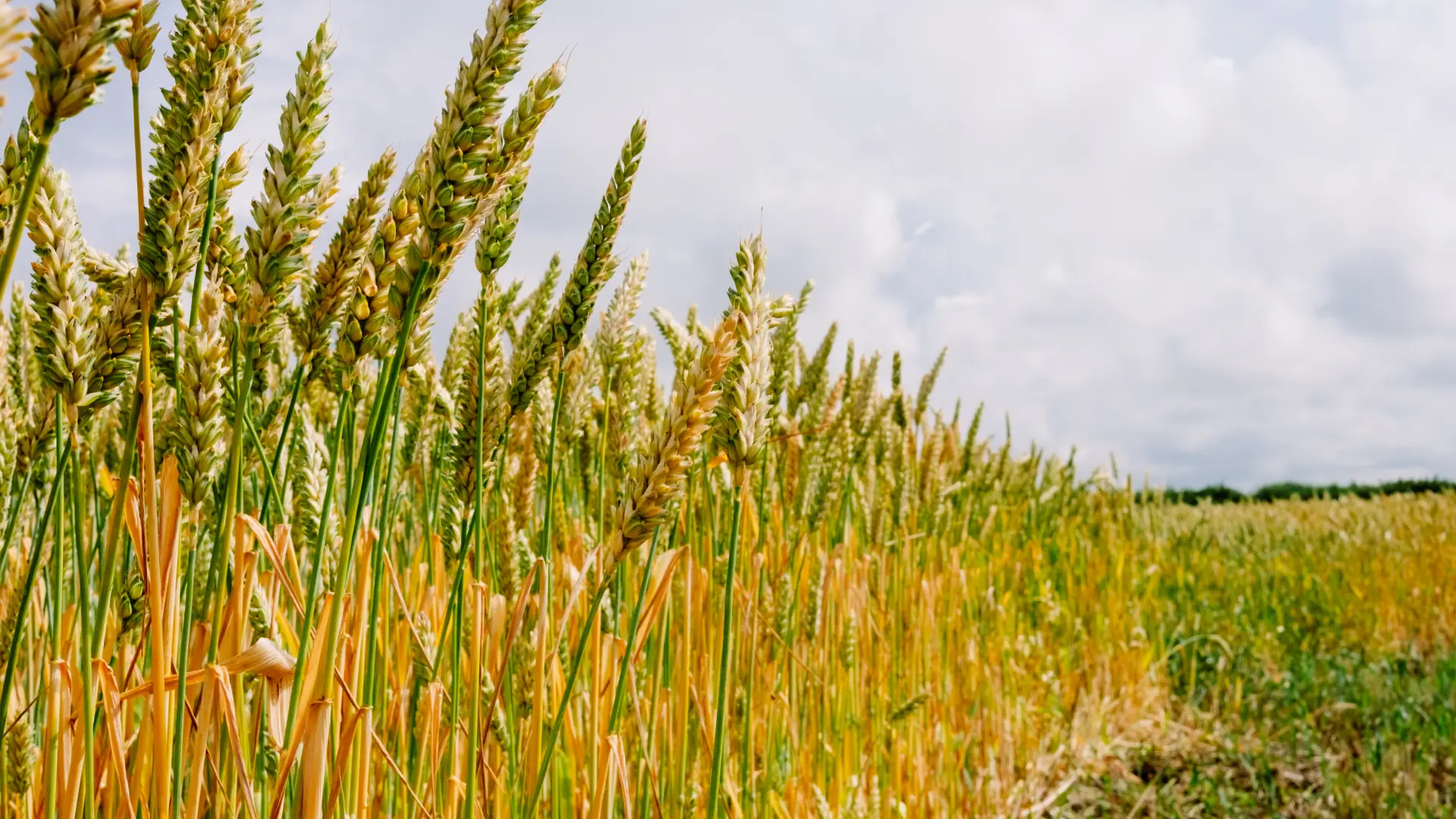As recipients of the USDA’s Climate-Smart Commodities grant program began to dive into their approved projects, Regrow started a conversation about monitoring, measuring and reporting the outcomes of such projects. This is an essential piece of this grant program: all grant recipients will be asked to account for and report greenhouse gas (GHG) emission outcomes from their projects.
Understanding how this process works — and who to partner with — is crucial to a project’s success.
In this webinar, Regrow Chief Strategy Officer Bill Salas and Soil Carbon Project Manager Jacob Penner shared a summary of USDA Climate-Smart Commodities project reporting requirements.
They also discussed Regrow’s Measurement, Reporting and Verification (MRV) platform and shared how grant recipients can move beyond USDA’s reporting requirements and begin generating third party verified offsets and insets. A high-level recap of the discussion is included below; however, we encourage you to watch the full webinar to learn more about reporting requirements, the science behind reporting and the inner workings of third-party verification.
Reporting Requirements for USDA Project Participants
With all USDA grant projects, organizations will need to report outcomes on four levels: project, partner, producer, and field. They’ll need to develop a project MMRV* plan document, which includes information on the project’s approach to quantification and verification, along with the approach to ensuring additionality and permanence, preventing leakage, and accounting for weather impacts of specific projects. (*Note: The 2nd ‘M’ in MMRV stands for Monitoring, which Regrow’s platform also does. You might also see similar software referred to as “DMRV” or “digital MRV,” which describes Regrow’s MRV as well.)
Grant recipients have been asked to use COMET-Planner as the reporting mechanism for projects. Regrow ag has configured our MRV platform to produce outputs that fit into this system, providing COMET-Planner-aligned GHG estimates for projects.
Regrow’s SaaS Products Support Outcome Reporting
Regrow’s products, particularly our MRV platform, were built specifically to scale carbon and ecosystem services markets with reputable science and technology.
Bill Salas provided an overview of these products and the science and technology they are built upon.
Specifically, Bill explained how our platform reduces the burden of data collection on farmers, makes transaction costs more accessible for project developers and provides validated tools that meet the requirements of third party verifiers.
Our products are built on industry-leading science and technology, including our exclusive environmental model DNDC and our remote sensing technology OpTIS. By providing access to robust, well-researched scientific data, we ensure highly accurate outcomes with transparent measures of uncertainty and strong academic backing.
Regrow seeks partners across the agricultural value chain to scale our collective impact in resilient agriculture. We work with food and agriculture companies, project developers, public and non-profit organizations, and sustainability service providers to help achieve our agriculture-based climate goals, while supporting farmers in the transition to sustainable farming practices.
How Can Project Partners Use Regrow?
Regrow can help partners streamline USDA-backed projects. We are already working with USARice and AgriCapture to quantify the outcomes of climate-smart rice projects, and we look forward to collaborating with other partners across a multitude of crops and agricultural systems.
Beyond reporting project outcomes, partners can also leverage Regrow’s platform to extend their work beyond reporting requirements to generate verified offsets and/or insets. Generating verified outcomes requires third party verification, and results in Scope 1 offsets or Scope 3 insets.
In the webinar Jacob Penner, Regrow’s Soil Carbon Project Manager, described in detail the process for inset/offset verification by third party standards.
He also explained how Regrow’s MRV is configurable to meet the requirements set forth by various standards, and describes the process of verifying outcomes with Regrow’s assistance.
At the end of the webinar, Bill and Jacob were available to answer questions about engaging with Regrow, the agricultural systems available through our products, and (spoiler alert) the capabilities on our horizon.
Learn more about our partnerships here, and watch more webinars from Regrow.


.webp)
.jpg)